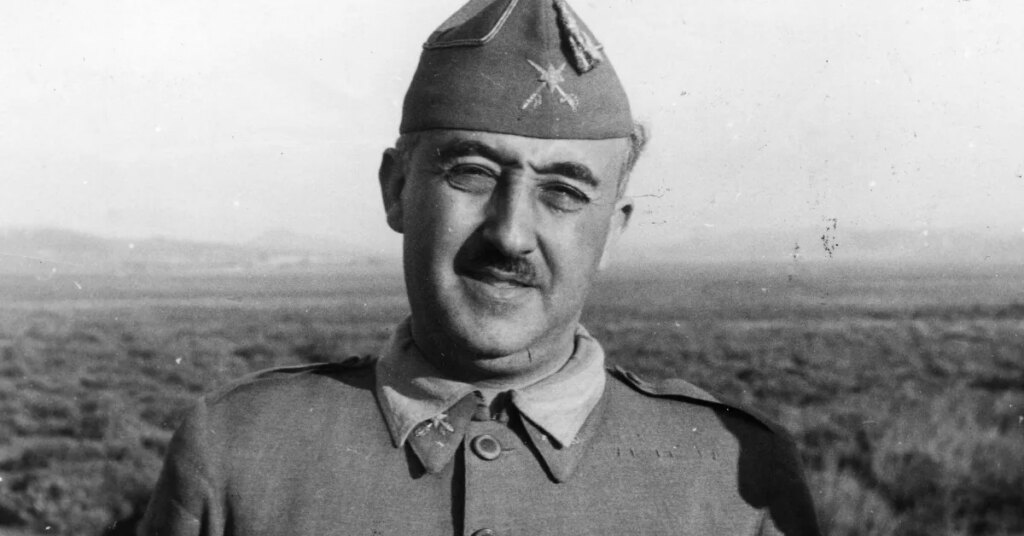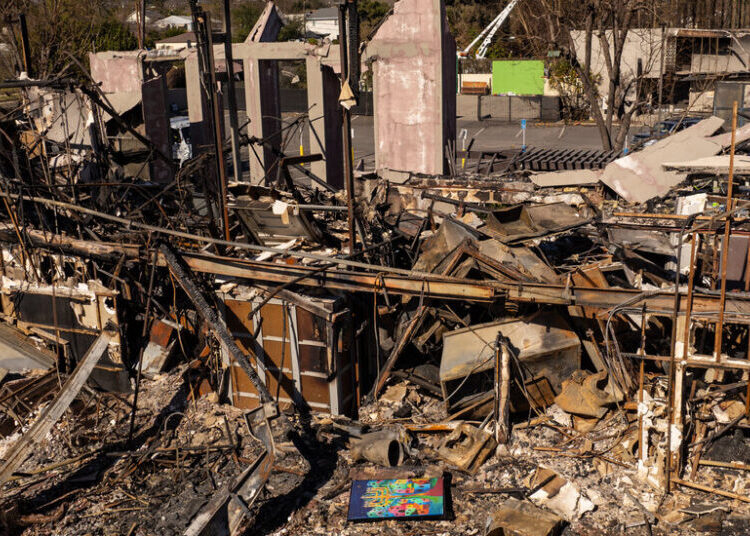On Jan. 8, Spanish Prime Minister Pedro Sánchez visited the Reina Sofia Museum in Madrid to launch the 50th anniversary of the death of dictator Francisco Franco, who ruled Spain from the end of the Spanish Civil War in 1939, through his passing on this date in 1975. It was hard to miss the historical symbolism in the choice of venue. Reina Sofia is home to Picasso’s Guernica, which depicts the devastation of its namesake Basque village by Franco’s army in 1936.
[time-brightcove not-tgx=”true”]
Standing in front of a banner that read “Spain at Liberty,” Sánchez announced 100 events scheduled for 2025. The events centered on promoting three main goals: to “showcase the great transformation accomplished since Franco’s death;” to “pay tribute to those who helped transform the kingdom into a “more prosperous and cohesive, free, and tolerant society;” and, “to transmit to our young people the importance of living in a democracy.”
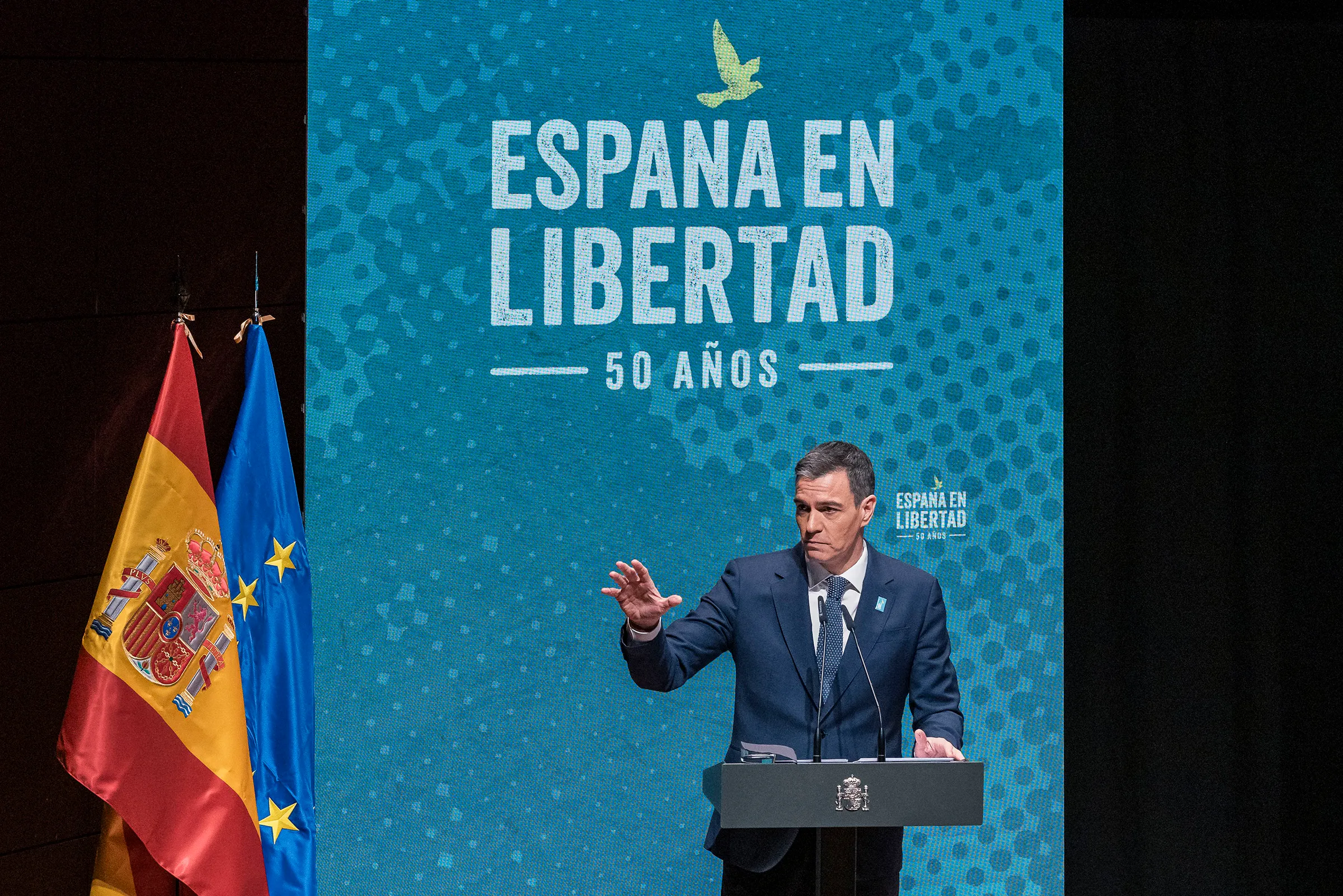
Sánchez’s political opponents on the right shunned the event. Alberto Nuñes Feijóo, the leader of the conservative People’s Party, or PP, labeled it “an opportunistic ploy” to distract from on-going corruption investigations into the Sánchez government. Sánchez’s left-wing allies were quick to remind Feijóo that his party is the successor to the People’s Alliance, a far-right party founded in 1976 by former Franco officials.
The back-and-forth underscores how Franco’s memory continues to haunt Spanish politics, a conundrum rooted in the moral trade-off that rests at the heart of Spain’s democratic transition. In 1976, the old regime agreed to relinquish power peacefully with the implicit condition that no one from their side would be held to account for the atrocities committed during the Civil War and the subsequent dictatorship. The deal, which the democratic opposition was willing to accept having failed for nearly four decades to overthrow the Franco regime, was made official with the 1976 Law of Political Reform.
In essence, that legislation called for the self-liquidation of the Franco regime in exchange for legalizing opposition parties and ordering Spain’s first free elections in 40 years. A sweeping amnesty law followed that covered all political acts committed by the old regime and its opposition prior to 1977, when the elections were held. The twin laws of political reform and amnesty put Spain on the path to what is widely regarded as the most successful process of democratization since Germany and Japan after the end of World War II.
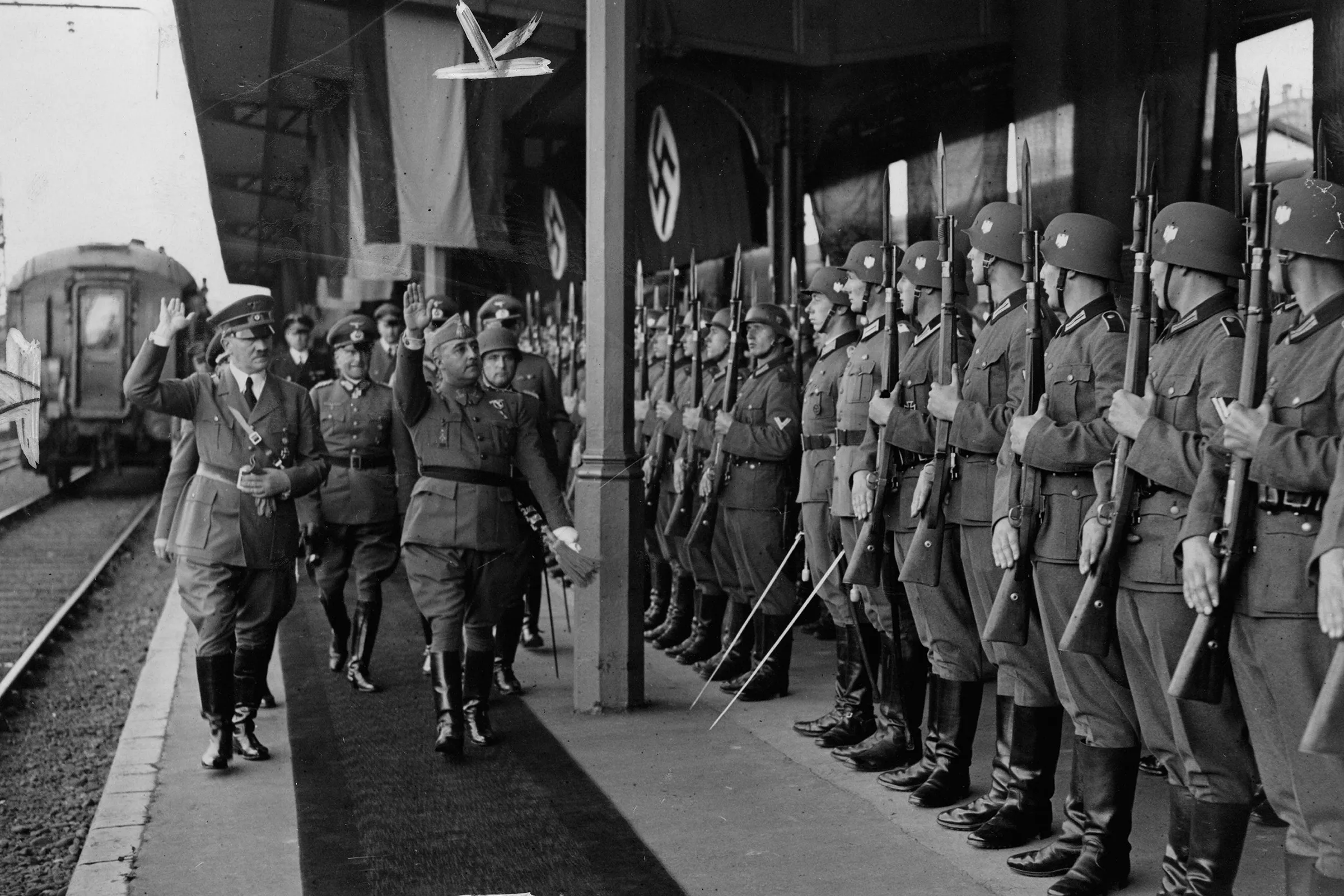
From this political bargaining grew the so-called “Pact of Forgetting.” It upheld the controversial idea of desmemoria, or disremembering, which called for avoiding any situation that could revive the memory of the Civil War, and the Franco dictatorship. As memorably described by Basque political leader Xabier Arzalluz in 1977, the pact delivered “an amnesty for all by all, and a forgetting for all by all.” In so doing, Spanish politicians were able to focus on the consolidation of a new democratic regime without recriminations about the past.
But the Pact of Forgetting exacted a toll on Spanish society. It closed the door on justice accountability for the Franco regime. This meant that Spain stood in contrast to other democracies created around the same time, such as those of Portugal, Greece, and Argentina, which held their former leaders to account through prosecution and other means. The pact also afforded Franco a very respectable afterlife, including a state funeral, three days of mourning, and a mausoleum at El Valle de los Caídos, Spain’s grandest public monument. Completed by Franco in 1959, at the peak of Francoist fervor, it features the tallest cross in Christendom and an interior décor that pays homage to the “glories” of Spanish civilization, such the Reconquista, Spain’s holy war from the late Middle Ages against Muslim “infidels.”
Worse yet, the Pact of Forgetting concealed Spain’s biggest human rights atrocity in the 20th century, what British historian Paul Preston has called the “Spanish Holocaust,” the tens of thousands of Republicans killed by Franco’s men during the Civil War, including many executed after the conflict ended. The pact also allowed for the persistence of the “myth of salvation,” the idea that Franco rescued Spain from bloodshed and chaos. This is a stunning claim considering that Franco’s 1936 military coup unleashed a conflict that killed up to 1 million people and that drove hundreds of thousands more into exile fleeing political violence, famine, and repression.
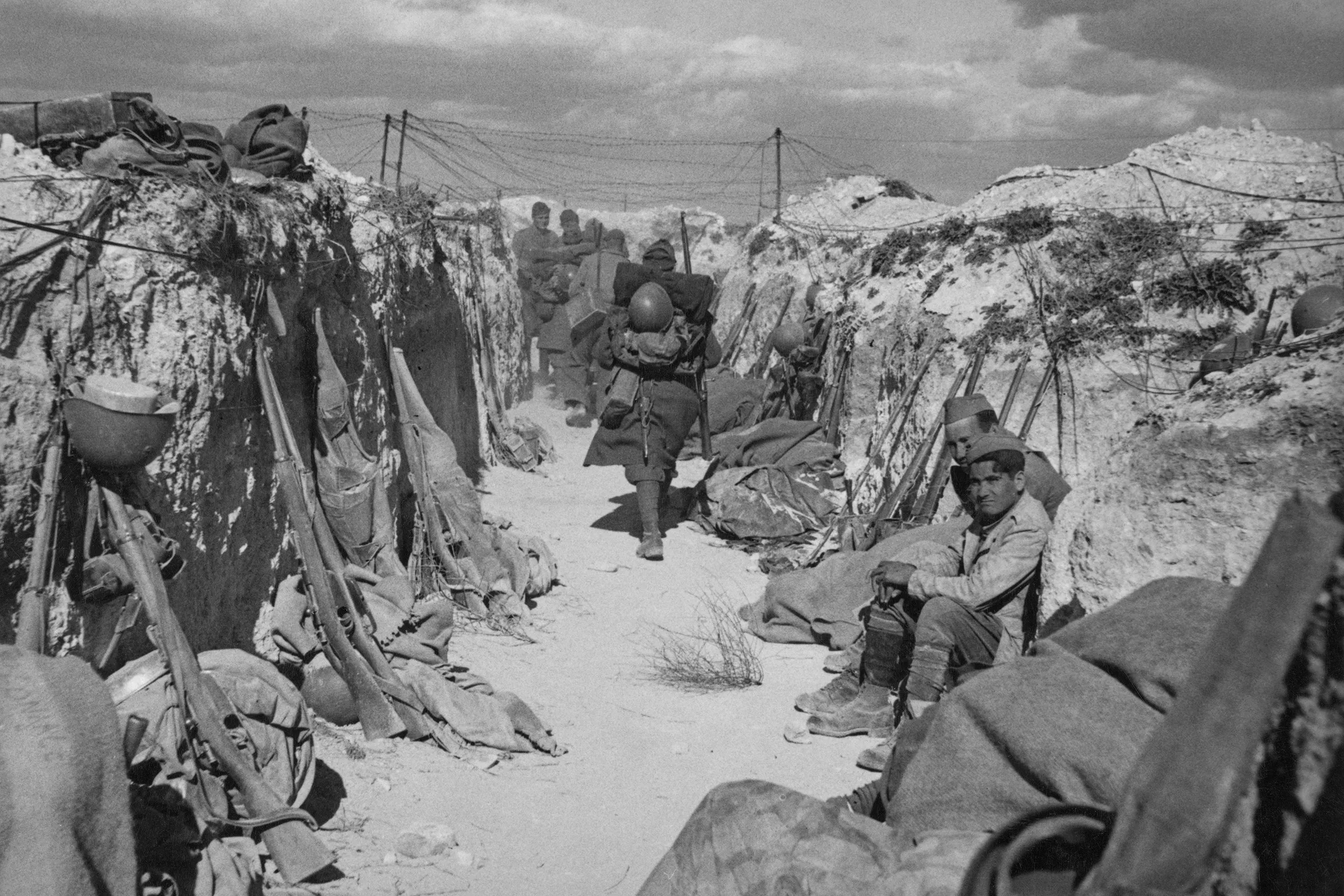
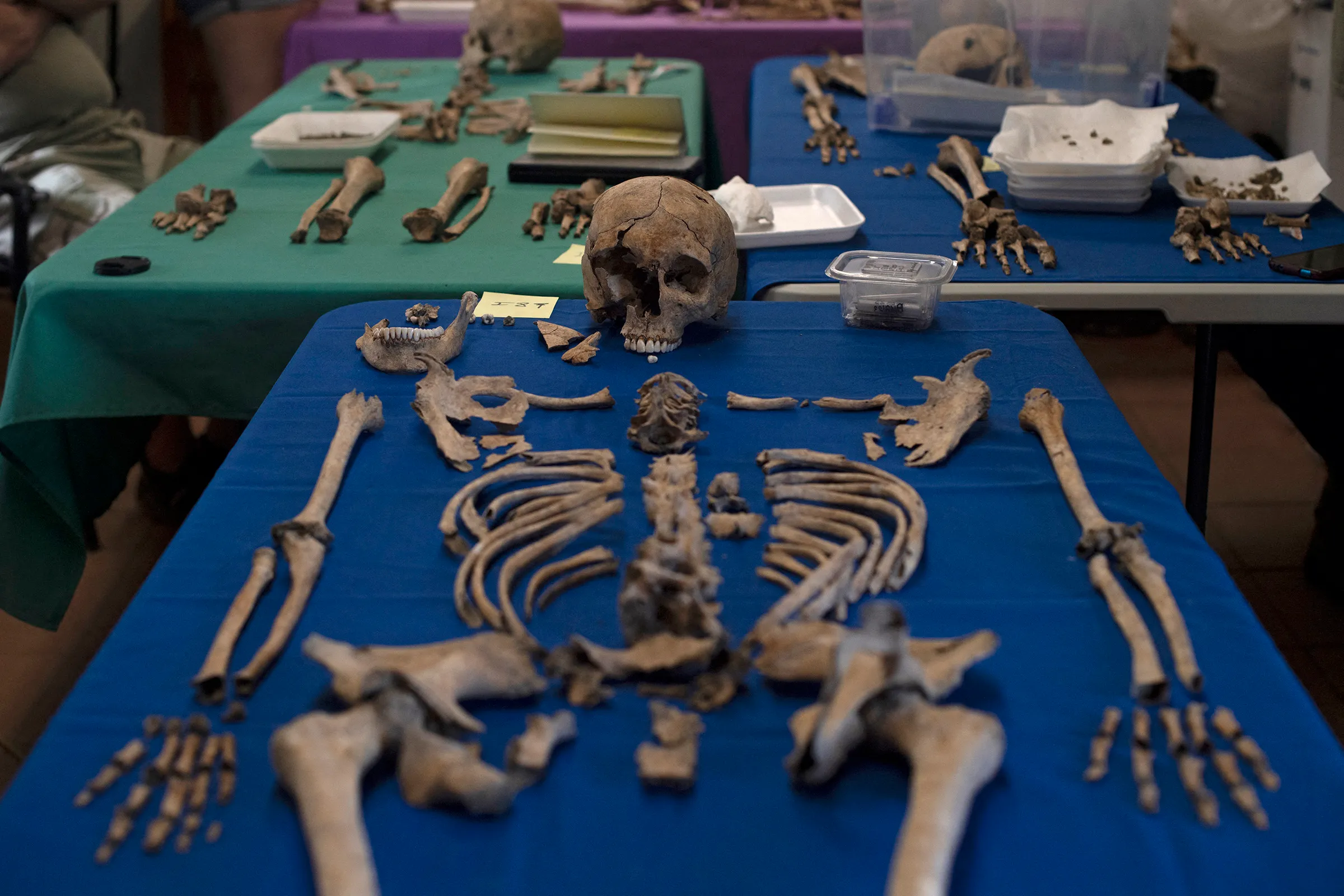
Sánchez came into office in 2018 with a promise to end the culture of forgetting. In 2019, his government exhumed Franco’s remains and relocated them to Mingurrubio municipal cemetery in the outskirts of Madrid. He justified the exhumation as in the interest of national reconciliation. In 2022, he signed the Law of Democratic Memory, a dramatic expansion of a 2007-era law that had previously declared the institutions of the dictatorship illegitimate.
The new 2022 law called for reforming the teaching of Franco in schools, expanding reparations for Franco’s victims, introducing fines for displaying monuments to the old regime, abolishing some 33 titles of nobility awarded by Franco, and banning the Francisco Franco Foundation. The law also committed the state to exhuming some 2,000 mass Civil War graves, containing the remains of as many as 150,000 bodies. Most controversially, however, the law called for repurposing The Valley of the Fallen, now renamed The Valley of Cuelgamuros, as a place that honors all the victims of the Civil War.
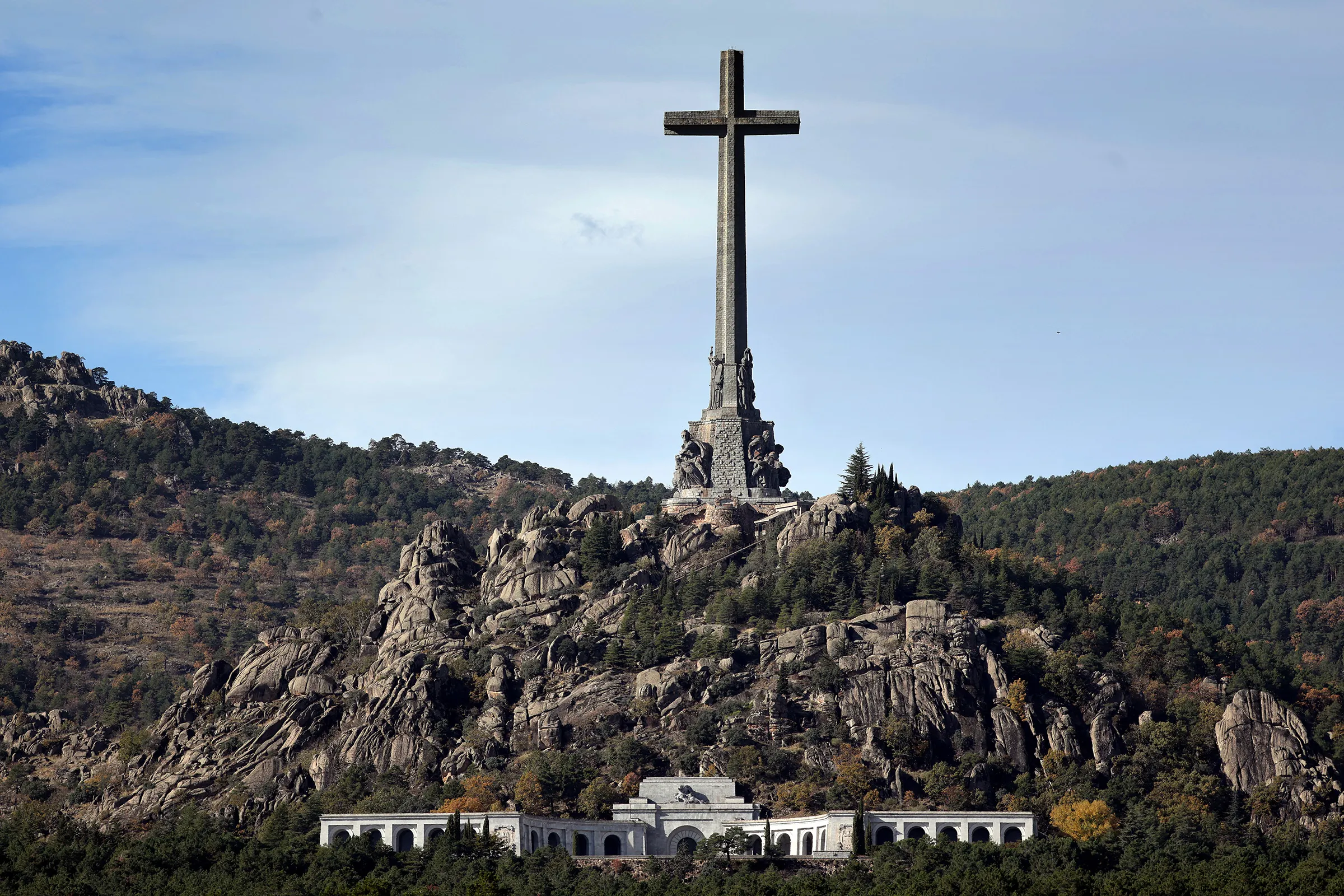
By upending the Pact of Forgetting, Sánchez has cemented his legacy and reaffirmed the role of the Spanish Workers’ Socialist Party, or PSOE, as the dominant political force in the post-Franco era. It fell on the PSOE to modernize the Spanish economy in the mid-1980s, a painful process of structural adjustment that entailed shutting down or privatizing outmoded enterprises inherited from the dictatorship. This “dirty job” was a condition for Spain’s entry into the European Economic Community, in 1986, the precursor to the E.U. It was also the PSOE that remade Spain into one of the world’s most socially progressive nations by legalizing abortion, euthanasia, gay marriage, and some of the world’s most enlightened immigration policies.
It is anyone’s guess what is in store for Spain in the next 50 years. Looking in from the outside, the country seems to be in great shape. Tensions between Madrid and the regions have diminished significantly since Catalonia tried to break away in 2017, with support for independence dropping. Spain has the fastest growing economy in the E.U., and is projected to continue outperforming other large European countries, though is still plagued by relatively high unemployment and low wages.
More important still, and despite persistent corruption, Spanish democracy ranks as one of the world’s most developed. The relative recency of dictatorship has helped inoculate Spain against the far-right and the dreaded malaise of democratic backsliding seen around the globe. It is perhaps no coincidence that Sánchez is the last left-wing leader of a major Western country and that Spain is a bastion of social democracy in Europe.
But Spain’s inoculation against the far-right is being tested by the surge of Vox, a far-right party that has formed regional government and is the third political force in parliament, after the PSOE and the PP. Vox opposes immigration, environmentalism, regional autonomy, feminism, and LGBTQ rights. The party also vehemently rejects Sánchez’s historical memory agenda.

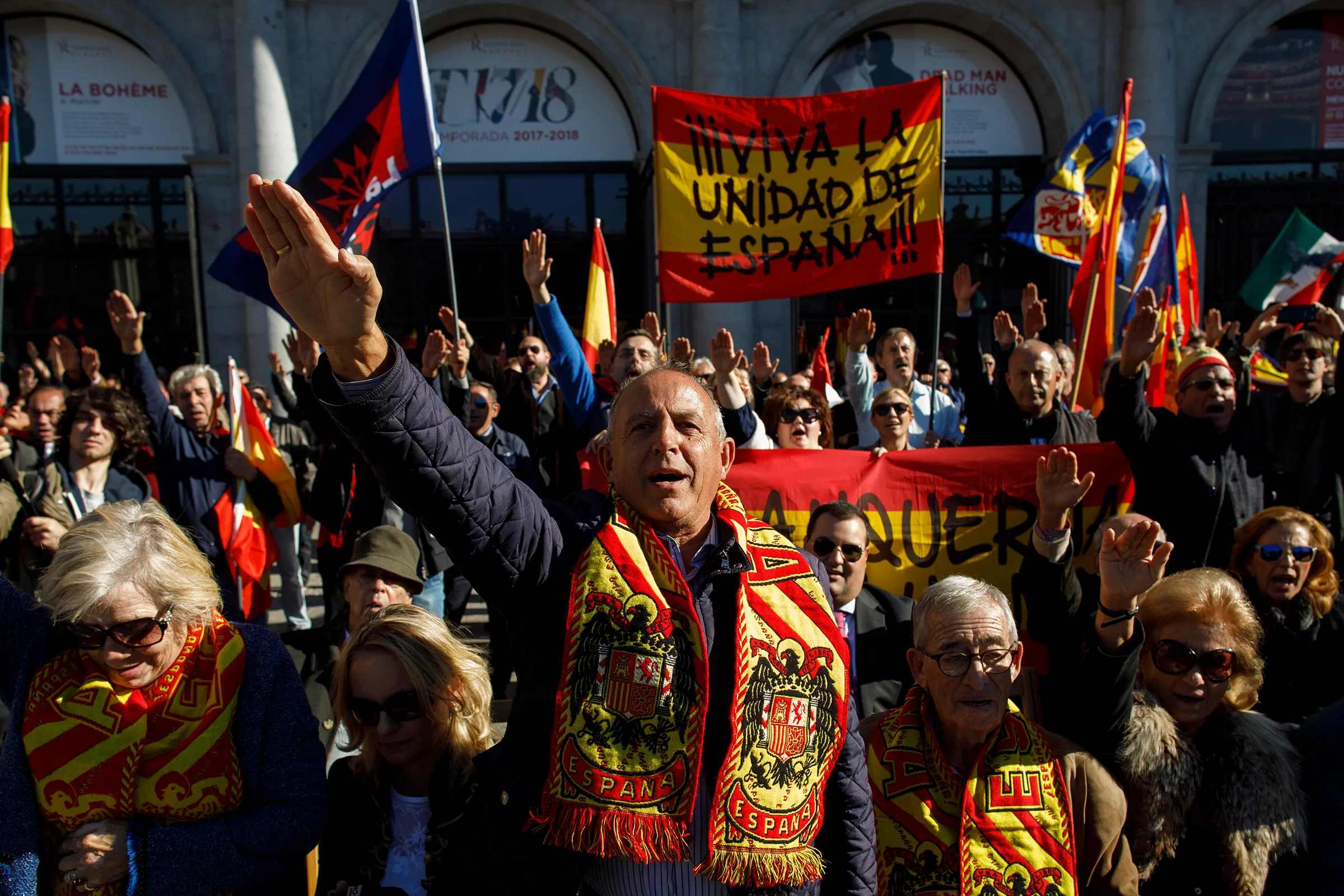
Vox has spawned a new wave of far-right leaders and activists, such as Vito Quiles, a 25-year-old right-wing provocateur who fashions himself after the late Charlie Kirk. Quiles, who is very fond of whitewashing Francoism and trashing democracy, is benefiting from the fact that the younger Spanish generations, most of them born after 1975, did not live through the Franco dictatorship and its horrors. A 2025 survey reported that 20% of young Spaniards aged 18-24 believed that the Franco years were “good” or “very good.”
Sánchez’s robust embrace of historical memory could not have come at a more opportune time for Spain. Aside from giving Franco’s victims some measure of accountability and reminding the younger generations of the historic sacrifices that made democracy possible, it is a powerful wake-up call about the risks posed by the far-right.
As Sánchez noted in his Reina Sofia speech when connecting the memory of Franco’s rule to the challenges facing democracy around the world, including in Spain: “You don’t have to be left-wing or right-wing to look with sadness and terror on the dark years of Franco’s regime and fear that this regression will be repeated.”
The post 50 Years After Franco’s Death, Spain Confronts Its Dark Past appeared first on TIME.
